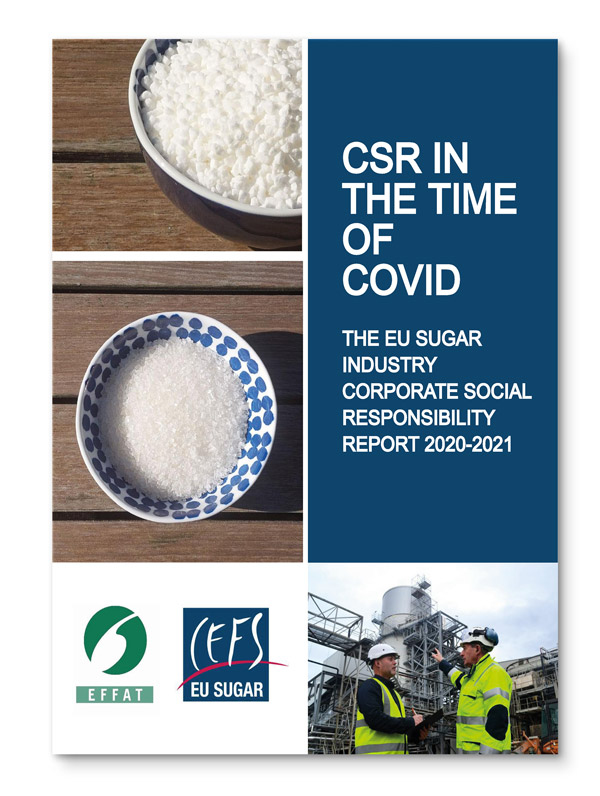Since the end of EU sugar production quotas in 2018, the sector has faced an
unprecedented market crisis. Operators are attempting to adapt to new market conditions,
and the closure of at least five factories has already been announced this year.
The EU sugar industry has a long tradition of valorising all products arising from the sugar
process, minimising waste as far as possible. As well as sugar, our industry’s products
include food ingredients, animal feed, green chemistry products, and renewable ethanol for
food and non-food uses.
New techniques could convert beets into high-value products for use in bioplastics,
detergents, personal care products, paints and coatings, flavour and food products, and
cosmetics. By creating local cross-sectoral value chains involving the sugar, chemical and
food industries, rural development, employment and skilled jobs in sugar beet growing
districts could be increased.
The sector faces challenges recruiting young, qualified personnel locally. Recruiting new
employees from within the EU and abroad is characterised by substantial complexity, costs,
and a lack of harmonisation.
The project aims at helping the social partners EFFAT and CEFS to further develop a
competitive, innovative and sustainable vision of the sector, leading the transition towards a
post-petroleum society while decoupling economic growth from resource depletion and
negative environmental and social impacts.
The project is running from March 2020 until October 2021. Updates will be posted on this website.

